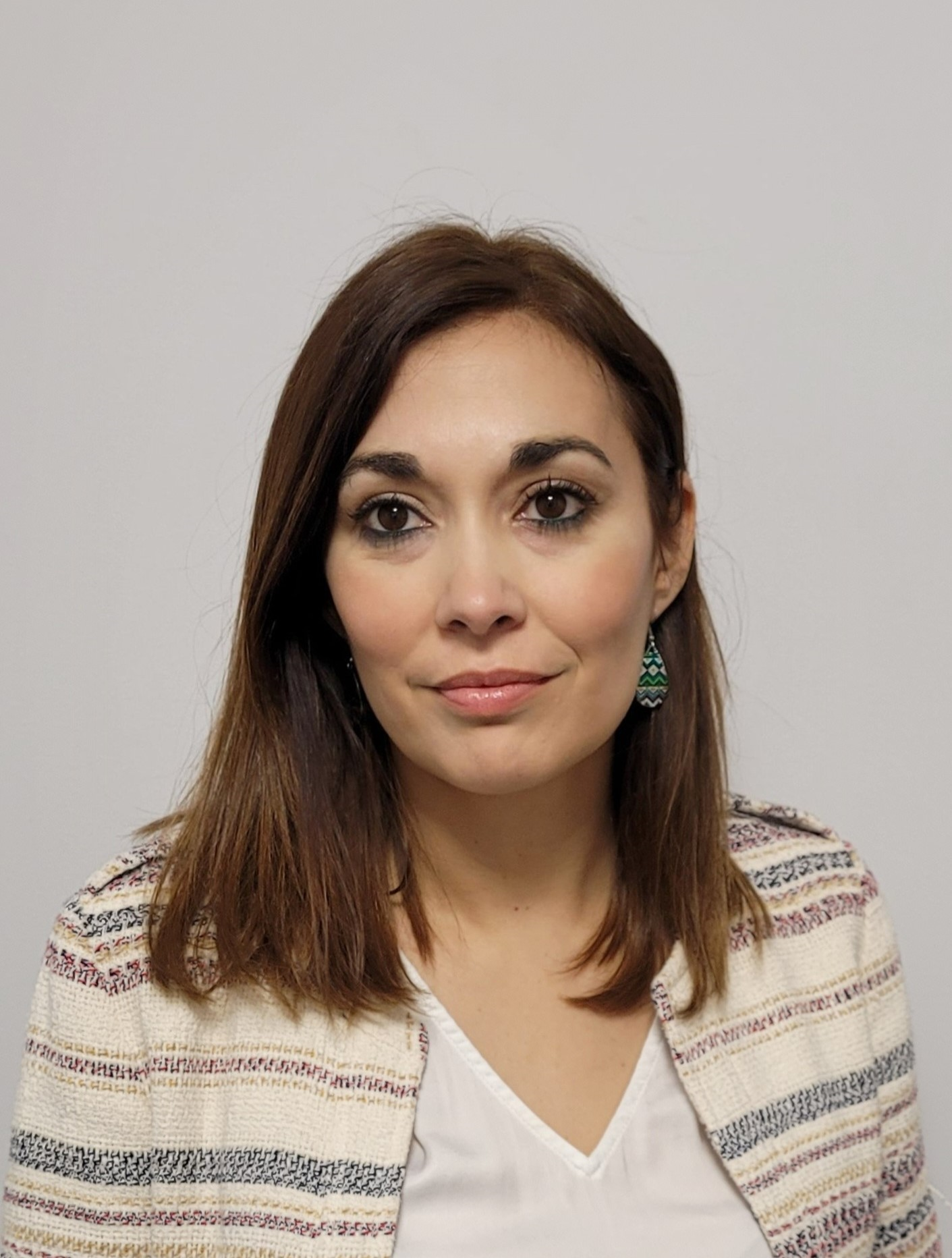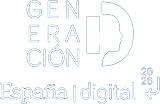28/03/2022
CRACKS of technology’ is a weekly series of interviews, through which we want to give voice to those IT professionals who are absolute geniuses of technology in Spain. We want to hear from them, to know and recognize the work they do in these companies; to know what they are passionate about and what advice they have for those who will come after them.
Nuria Canut’s story will inspire many people. She is a physicist by training, ‘teleco’ by vocation, enjoys the relationship with clients and colleagues, and hates monotony. This multifaceted nature makes her a highly valued ‘crack’ in a sector that -unfairly as we shall see- is sometimes perceived as very ‘gray’.
In this interview, Nuria will tell us what keeps her in the telecommunications business, and more specifically in Arca. Arca, a company of the Accenture group that provides services to the main operators in our country.
Nuria Canut Montesinos, Manager Process Development & Analytics at Arca.
Q.- How does a Physics graduate end up as a telecommunications engineer?
A.- By chance, I suppose, and blessed chance! During my degree we hadn’t dealt with anything related to telecommunications, so it was a sector I was completely unfamiliar with, but when I graduated I received a scholarship to work at Vodafone for a year. I landed in the network deployment department and it was a very good experience. At the end of the scholarship I joined Arca.which was one of Vodafone’s service providers.
At Arca. I started, as is logical, in the network deployment department, again with Vodafone as one of our main customers. At that time, we were mostly working with 2G and 3G deployments.
Q.- What is it that first caught your attention in the sector and what still keeps you there?
A.- The first thing you realize is that it is an intrinsically interesting sector, that it has a great impact and that it evolves very quickly. You don’t have time to get bored!
For me, the combination of technical and more ‘social’ roles is also attractive, because it allows you to work with people who are different from you and from whom you can learn a lot. I have found that I enjoy the relationship with colleagues and clients that I have on a day-to-day basis.
This sector evolves very quickly, you don’t have time to get bored. But above all, I would highlight the camaraderie within Arca, here we help each other.
But, above all, I would highlight the camaraderie that exists within Arca; here we help each other. I would dare to say that this camaraderie has greatly favored the growth of the company in recent years, from when I joined Arca, when we were fifty or so workers, to now that we are part of a large multinational like Accenture.
Q.- Since you joined Arca in 2006, in which departments have you worked and what do you think this internal mobility has given you?
A.- That’s right, I spent the first years in the infrastructure area, in tasks related to project management and coordination of deployments. Then I worked in the follow-up of fiber optic deployments. From there I moved to the customer solutions area, where we worked on projects related to VPN, security, etcetera. I then joined the engineering area, where I was involved in the design of LTE and 4G solutions. And during the last stage, I have been involved with the data world.
Personally, I value very much the possibilities that Arca has given me to continue learning and to move within the company itself. I think internal mobility is a fantastic option to motivate some people and it also helps me to do my job better, because I understand in a broader and deeper way the needs of the customers.
Q.- Tell us about the Process Development & Analytics department that you lead. What does your work consist of?
A.- There came a time when operators had an urgent need to put their data in order. The information they were handling for deployment planning came from different systems, especially in cases where a merger or acquisition had taken place. For this reason, and taking advantage of the knowledge of the sector telco we had in Arca. We decided to start offering them specific data analysis projects.
In short, we take all the data from the different sources, process it and generate dynamicdashboards for the operators, so that they can monitor the different indicators (KPIs). We also develop continuous improvement plans and accompany operators in their implementation, based on those KPIs that we know are strategic for them.
Q.- Will you make the jump to another department again?
A.- This sector moves very fast; who knows! Although we have been in business for four years now and so far I am very happy. I think there is still a long way to go for Arca. in the field of data. In the end, if there is one thing that distinguishes the telco sector, it is that it is very technical and generates KPIs that have to be continuously monitored and adjusted, because every time you deploy new technologies or new suppliers come into play, you have to readjust the network.
In a way, I feel that the knowledge I have acquired in different departments comes together here, because what really adds value in analytics is not the tool you use, but how you configure it, how you process the information and which KPIs you select.
I feel that the knowledge I have acquired in different departments converges in my current job, because the differential is not the technology but the way in which you configure and manage it.
At the same time, this is a department from which we can receive the training offered by Accenture and which allows us to be in permanent contact with colleagues from other areas and with different clients, who have different ways of working. You can continue to learn from everything and everyone.
Q.- Paradoxically, you are also highlighting the value of the mathematics you studied during your career?
A.- Indeed, in physics there is a very strong mathematical part, as well as data processing. I also really like the management and coordination of end-to-end deployment projects, from the moment the opportunity arises until you put the technology on the air.
The world of data is itself very multidisciplinary and is going to become increasingly important. The industry is likely to continue to concentrate and companies are generating more and more data, which they need to store, treat and process correctly in order to increase productivity.
The world of data is itself very multidisciplinary and is going to become increasingly important. There is a lot of scope in ‘intelligent operations’, e.g.
Q.- Do you think the telecommunications sector offers good future prospects for young people?
A.- Without a doubt! Networks will continue to expand and modernize, after 5G will come 6G and, as an industry, we will have to reinvent ourselves. The world of data analytics, in particular, is going to have a brutal journey. There is still a lot to explore and to continue to learn in intelligent operations, for example.
Today, in Spain there is a lot of training available for specialization in analytics. Hopefully, young people will be encouraged to take it because we will need many more professionals in the sector to respond to everything that is coming up. Come on, there’s a lot of future work here.
Q.- One of the objectives of the telco sector is to attract more women to these professions. How has your personal experience been?
A.- My experience is very good. A few years ago I made the personal decision to move to Glasgow (Scotland). During that time I started a family and took the opportunity to study for a master’s degree in management. I didn’t know how long I would be gone for, so I didn’t apply for a leave of absence. Even so, when I returned to Spain two years later, in Arca. the doors opened for me again.
As I was saying, this is a sector where there is room for all kinds of people and personalities, and at Arca, in particular, there is a very good working environment. I may have been fortunate, but the truth is that I have never encountered difficulties because I am a woman.











